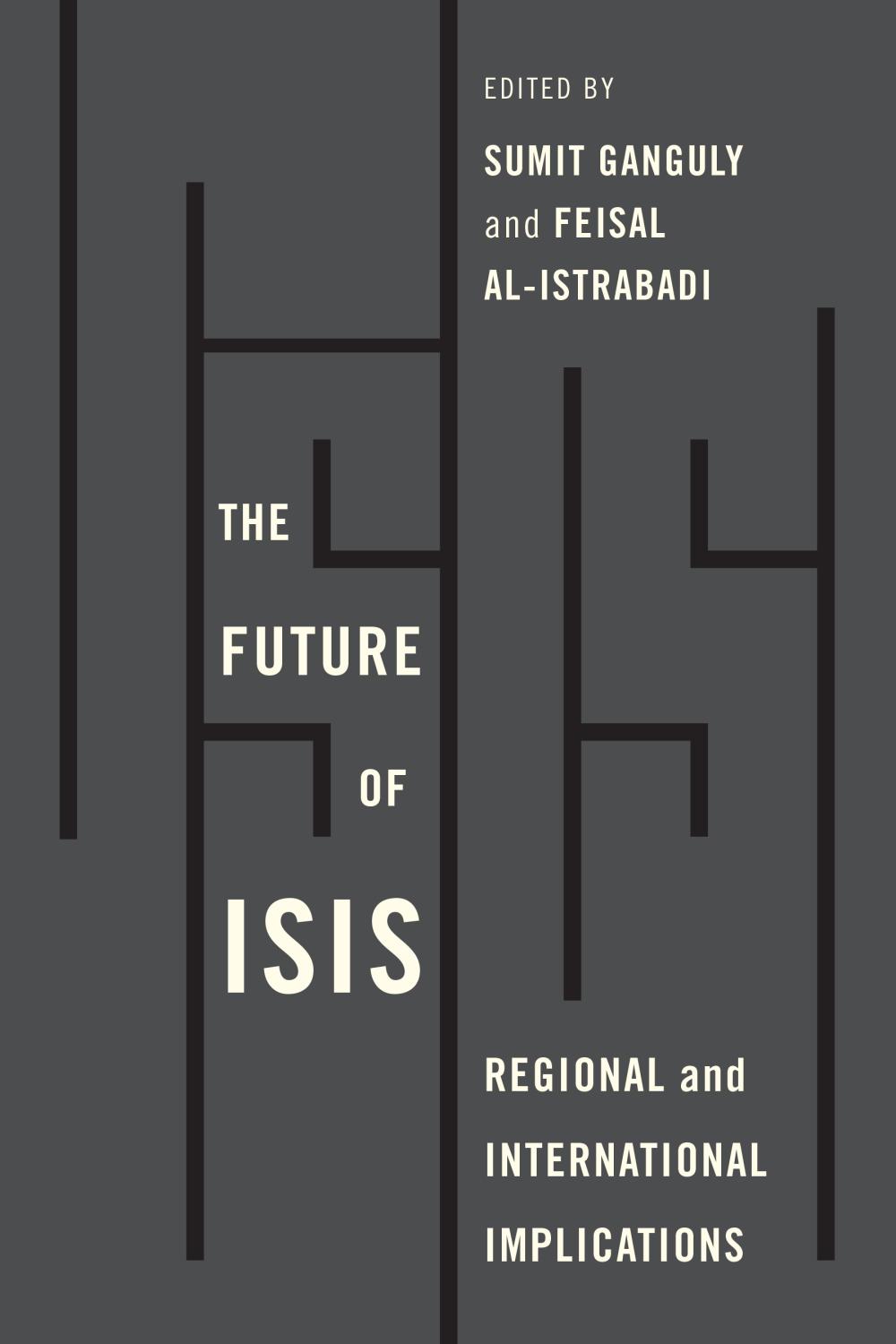Looking to the future in confronting the Islamic State
The Islamic State (best known in the West as ISIS or ISIL) has been active for less than a decade, but it has already been the subject of numerous histories and academic studies—all focus primarily on the past. The Future of ISIS is the first major study to look ahead: what are the prospects for the Islamic State in the near term, and what can the global community, including the United States, do to counter it?
Edited by two distinguished scholars at Indiana University, the book examines how ISIS will affect not only the Middle East but the global order. Specific chapters deal with such questions as whether and how ISIS benefitted from intelligence failures, and what can be done to correct any such failures; how to confront the alarmingly broad appeal of Islamic State ideology; the role of local and regional actors in confronting ISIS; and determining U.S. interests in preventing ISIS from gaining influence and controlling territory.
Given the urgency of the topic, The Future of ISIS is of interest to policymakers, analysts, and students of international affairs and public policy.
Praise for The Future of ISIS
“This edited volume is an important contribution to the growing body of work attempting to answer the following elusive questions about the Islamic State in Iraq and al-Sham (ISIS): How did this happen, and how do we prevent it from happening again?”
—W. A. Rivera, The Middle East Journal
“The Future of ISIS provides ten chapters about how the U.S. could improve its fight against the IS as well as what may happen if the region follows its current trajectory. Bringing together experts with diverse backgrounds, such as al-Istrabadi who is a former diplomat, it offers a range of ideas about the multifaceted quasi-state.”
—Ryan Shaffer, Terrorism and Political Violence
“This book, which is informed by its contributors’ veteran expertise in national security, is an important contribution to understanding the components involved in countering the threatsposed by the Islamic State.”
—Joshua Sinai, Perspectives on Terrorism
Feisal al-Istrabadi is the founding director of the Center for the Study of the Middle East and professor of international law and diplomacy at the Maurer School of Law and the School of Global and International Studies at Indiana University, Bloomington He served as ambassador and deputy permanent representative of Iraq to the United Nations from 2004 to 2007 and was assigned to the Office of the Iraqi Minister for Foreign Affairs until 2012. He is a fellow of the American Academy of Arts and Sciences and a member of the Council on Foreign Relations.
Sumit Ganguly is a professor of political science, holds the Rabindranath Tagore Chair in Indian Cultures and Civilizations at Indiana University, Bloomington, and is a senior fellow at the Foreign Policy Research Institute in Philadelphia. His most recent book, Ascending India and Its State Capacity (with William R. Thompson), was published in 2017. He is a member of the Council on Foreign Relations and a fellow of the American Academy of Arts and Sciences.
